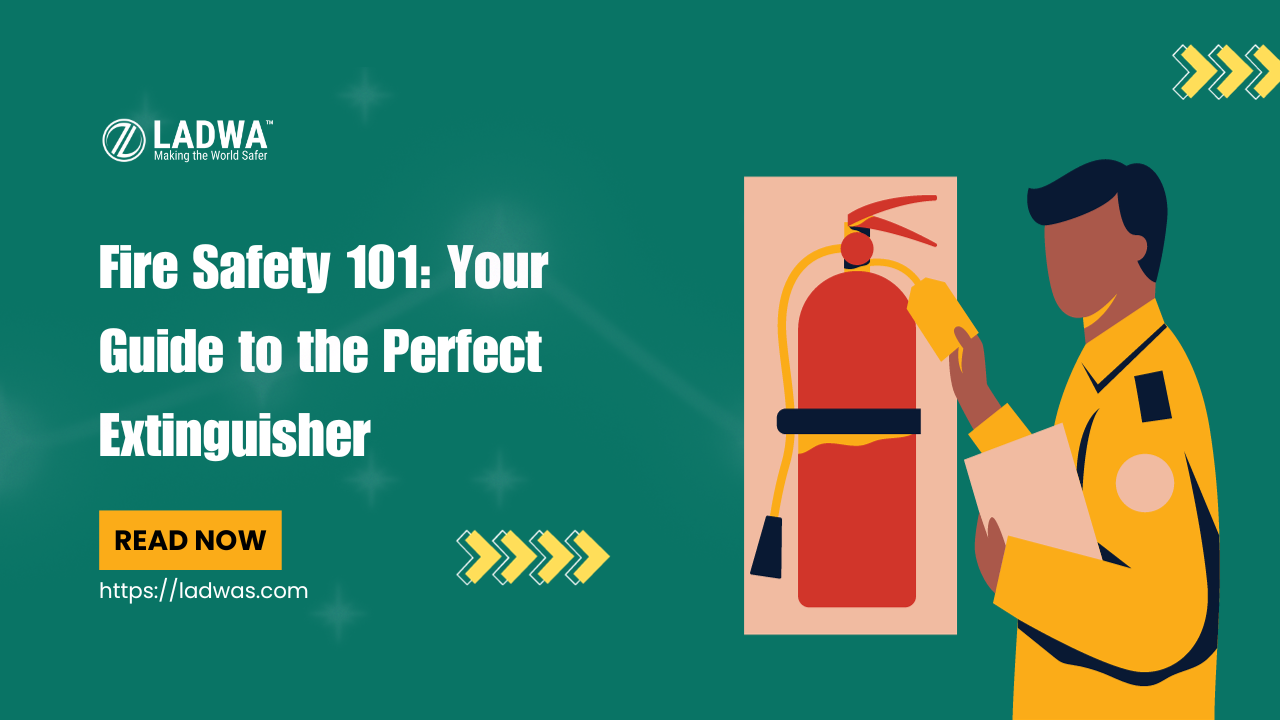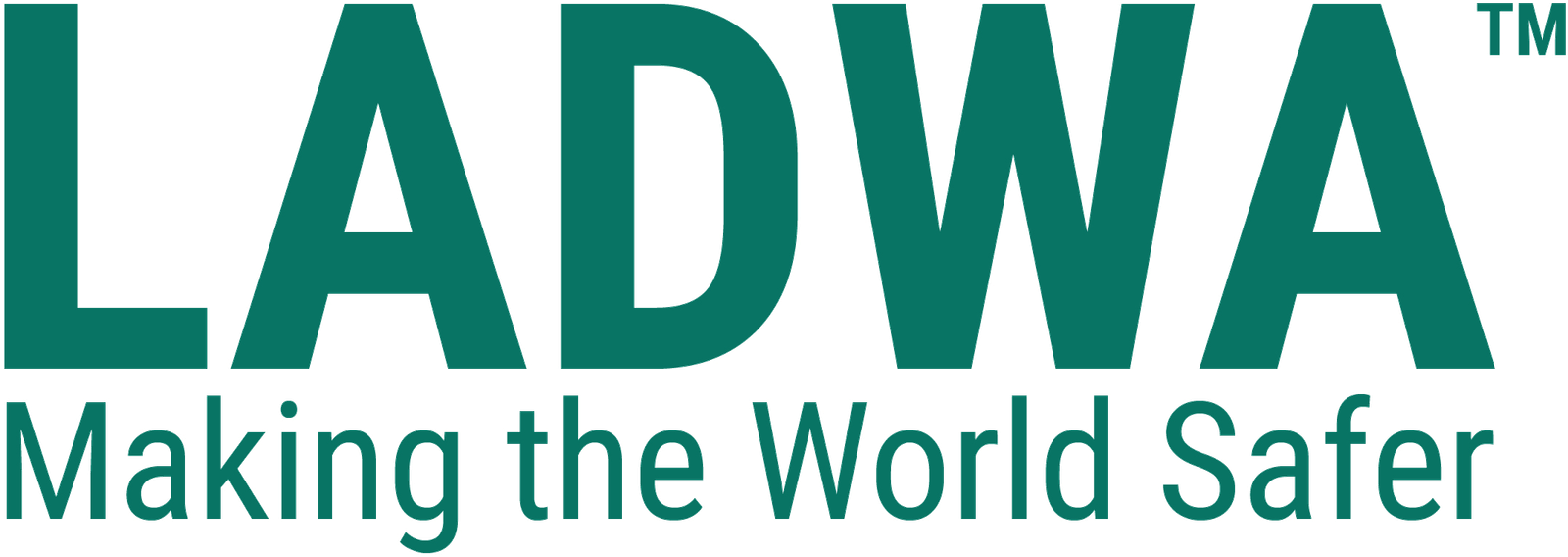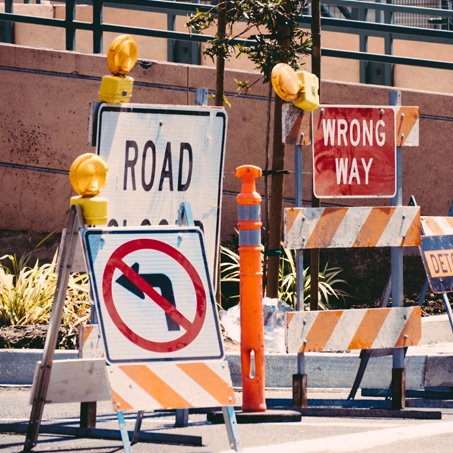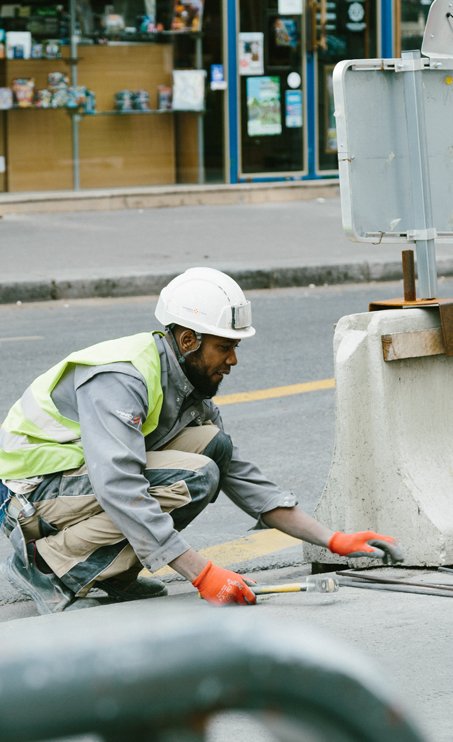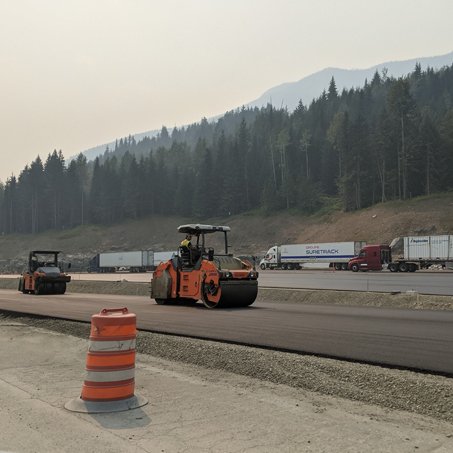When it comes to protecting people’s health and safeguarding property, fire safety is crucial. Fire extinguishers rank among the most important instruments for managing and preventing fires. As a first line of defence in an emergency, these gadgets are made to contain or put out minor flames before they get larger. You may greatly reduce the likelihood of severe danger and extensive damage by being aware of the different sorts of fires and utilising the proper fire extinguisher.
Since various fires demand different powers to put out, selecting the right kind of extinguisher is important. We entirely understand that at Ladwa! Our team consists of highly skilled professionals who ensure that you have the best fire safety equipment.
We have the ideal type of fire extinguisher to tackle every form of fire, be it a tiny kitchen fire or something more. Being aware of the individual nature of each fire, our premium goods are made to be your initial layer of defence in any emergency. In addition to fire safety supplies, Ladwa offers protection for you and your environment, as well as peace of mind. We are the people to call when you want to make sure everything is secure.
Decoding Fire Classes: A Brief Overview
To choose the right fire extinguisher and put out fires efficiently, one must have a basic understanding of fire classes. In order to guarantee that the extinguishing substance is suitable for the burning material and efficiently disturbs the combustion process, it is necessary to match the fire extinguisher to the appropriate fire class.
- Class A Fires: Class A fires involve ordinary combustible materials such as paper, wood, cloth, and some plastics. These materials typically form smouldering embers and require cooling and oxygen removal to extinguish. Water extinguishers are well-suited for Class A fires, as they effectively cool the burning materials and displace oxygen.
- Class B Fires: Class B fires involve flammable liquids and gases, including gasoline, oil, alcohol, and propane. These fires are characterised by rapid spreading and intense heat. To extinguish Class B fires, it’s crucial to smother the flames and prevent the release of flammable vapors. Foam, dry chemical, and carbon dioxide (CO2) extinguishers are effective against Class B fires.
- Class C fires: Class C fires involve energised electrical equipment, appliances, and wiring. The primary hazard in Class C fires is electrical shock. To safely extinguish Class C fires, it’s essential to use a non-conductive extinguishing agent. Dry chemical and CO2 extinguishers are effective choices for Class C fires.
- Class D fires: Class D fires involve combustible metals such as magnesium, titanium, and lithium. These metals react with water and other common extinguishing agents, intensifying the fire. Specialised metal fire extinguishers, containing dry powders or inert gases, are specifically designed for Class D fires.
- Class K fires: Class K fires involve cooking oils and fats, commonly encountered in kitchens and restaurants. These fires can be particularly hazardous due to their potential for splattering and spreading. Wet chemical or multi-purpose extinguishers are specifically designed to extinguish Class K fires by creating a cooling and smothering effect.
Matching the fire extinguisher to the fire class is crucial for effective suppression, as incorrect use can be dangerous. Understanding fire classes and selecting the appropriate extinguisher can minimise damage and protect against fire hazards.
Ladwa Fire Safety: You’re Source for Precision Protection Discover our extensive range of fire extinguishers, meticulously tailored to address specific fire classes. From Class A to K, Ladwa ensures you have the right tool to combat every fire threat effectively. Trust us for specialised fire safety solutions.
Assessing your environment
At Ladwa, we understand that one size doesn’t fit all when it comes to fire safety. Our range of fire extinguishers is designed to meet the unique demands of diverse environments. Whether safeguarding your home, a bustling commercial kitchen, or an industrial setting, the importance of assessing the environment cannot be overstated.
In a residential space, common fire hazards include cooking accidents, electrical malfunctions, or heating equipment issues. For these situations, having the right Class A, B, or C fire extinguisher can make a crucial difference.
Commercial kitchens, with their frequent use of cooking oils and fats, face a heightened risk of fire. Our specialised Class K extinguishers are crafted to combat these specific hazards efficiently. In industrial settings, where combustible metals may be present, the need for a Class D extinguisher becomes paramount. Each environment poses unique challenges, and selecting the appropriate fire safety product ensures optimal protection. At Ladwa, we prioritise your safety by offering tailored solutions for every setting.
Fire Extinguisher Types
Think of fire extinguishers as different tools for different jobs. Just like you wouldn’t use a hammer to screw in a nail, you don’t want to use the wrong fire extinguisher for the wrong type of fire.
- Water extinguishers are like big spray bottles filled with water. They’re perfect for putting out fires in ordinary materials like paper, wood, and cloth (Class A fires).
- Foam extinguishers are like big cans of shaving cream. They’re great for putting out fires in flammable liquids like gasoline and oil (Class B fires).
- CO2-extinguishers are like big cans of compressed air. They’re perfect for putting out fires in electrical equipment (Class C fires).
- Dry chemical extinguishers are like big buckets of sand. They’re good for putting out a variety of fires, including Class A, Class B, and Class C fires.
- Wet chemical extinguishers are like special fire extinguishers for cooking fires. They’re designed to put out fires in cooking oils and fats (Class K fires).
At Ladwa, we understand that different places need different fire extinguishers. That’s why we have a wide variety of fire extinguishers to choose from, so you can find the perfect one for your specific needs. Remember, the most important thing is to choose the right fire extinguisher for the type of fire you have. Using the wrong extinguisher could make the fire worse!
Considering Size and Portability in Fire Extinguishers
Fire extinguishers come in a variety of sizes, ranging from small, handheld models to large, wheeled units. The size and weight of a fire extinguisher can significantly impact its usability in different settings and by individuals with varying physical abilities.
- Small, handheld fire extinguishers, weighing 2.5–4 pounds, are ideal for residential and commercial settings, especially for individuals with limited physical strength or those needing to carry an extinguisher.
- Larger fire extinguishers, weighing 10–20 pounds, are commonly used in industrial and commercial settings to handle larger fires. They offer longer discharge times and greater firefighting capability.
- Wheeled fire extinguishers, weighing over 50 pounds, are heavy and ideal for industrial and commercial settings, but can be challenging to manoeuvre in tight spaces or for individuals with limited strength.
Here are some recommendations for selecting the right size fire extinguisher based on the user’s physical capability:
For individuals with limited physical strength:
- Choose a small, handheld extinguisher weighing 2.5 to 4 pounds.
- Consider a model with a carrying handle or bracket for easy transport.
- Practice operating the extinguisher to ensure familiarity and comfort.
For individuals with average physical strength:
- Select a medium-sized extinguisher weighing 5 to 10 pounds.
- Consider the location of the extinguisher and the user’s ability to reach and manoeuvre it.
- Ensure the user is familiar with the operation of the extinguisher.
For individuals with strong physical strength:
- Larger fire extinguishers weighing 10 to 20 pounds or more can be considered.
- Evaluate the user’s ability to safely handle and transport the extinguisher.
- Provide proper training and instruction on operating the extinguisher.
Remember, the most important factor in selecting a fire extinguisher is ensuring that it is the right type for the hazard and that the user can safely and effectively operate it.
Maintenance and Expiry Dates
Regular maintenance and inspections of fire extinguishers are essential for their effectiveness in preventing and suppressing fires. Expired extinguishers can be dangerous and ineffective, so replacing or recharging them is crucial. Fire prevention measures, such as eliminating hazards, maintaining electrical systems, and educating occupants on safety procedures, can also help reduce fire damage risk and create a safer environment.
Fire Extinguisher Placement
Install fire extinguishers strategically in accessible areas, near exits, and along evacuation routes. Use clear signage for visibility, contrast with your surroundings, and regularly inspect for unobstructed visibility, facilitating quick identification during critical situations.
Training and education
Ladwa offers a diverse selection of fire safety products tailored to various budgets. When it comes to choosing fire extinguishers, budget constraints can significantly influence decisions. However, it’s crucial not to compromise on safety.
To address this, Ladwa offers cost-effective fire safety solutions, including multi-purpose extinguishers and regular maintenance programmes, ensuring customers can prioritise safety without breaking the bank.
Conclusion
In conclusion, fire safety must be given top priority in order to save lives and property. Ladwa offers an extensive selection of fire extinguishers designed to put out different types of flames, providing efficient protection in a variety of settings. Choosing the appropriate extinguisher requires knowledge of fire classes, and Ladwa’s team of professionals makes sure that clients have access to the best options. Ladwa is dedicated to delivering precise protection, taking into account everything from financial limits to providing a variety of extinguisher kinds and sizes. A comprehensive approach to fire safety also includes continuing training, appropriate placement, and routine maintenance. For dependable, reasonably priced solutions that put safety first without sacrificing quality, choose Ladwa.

